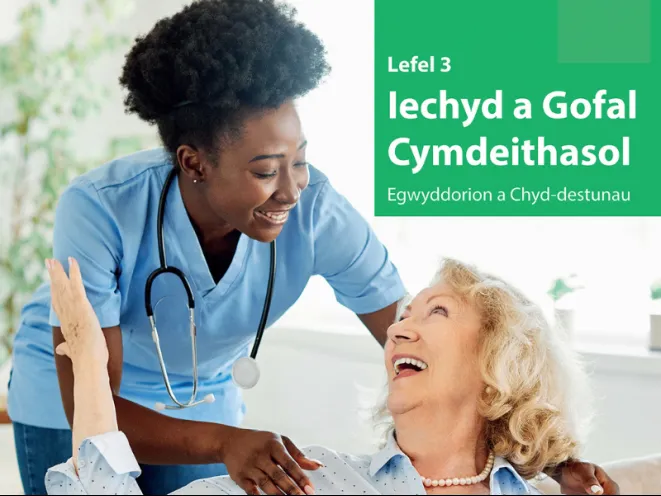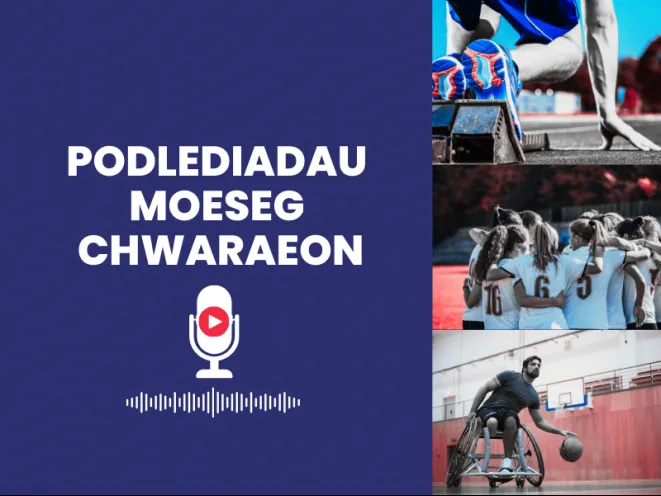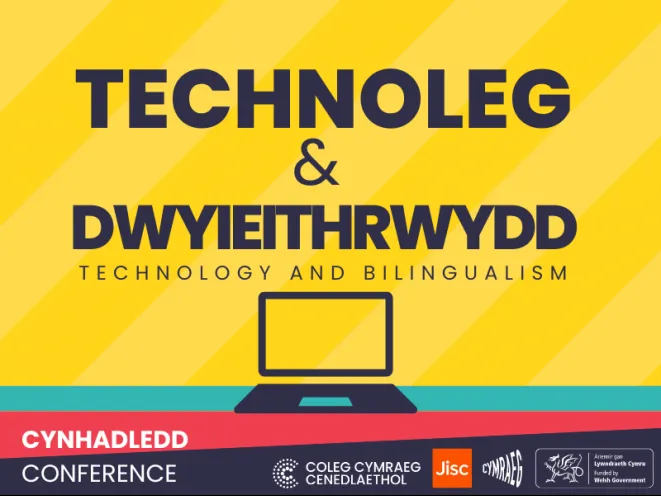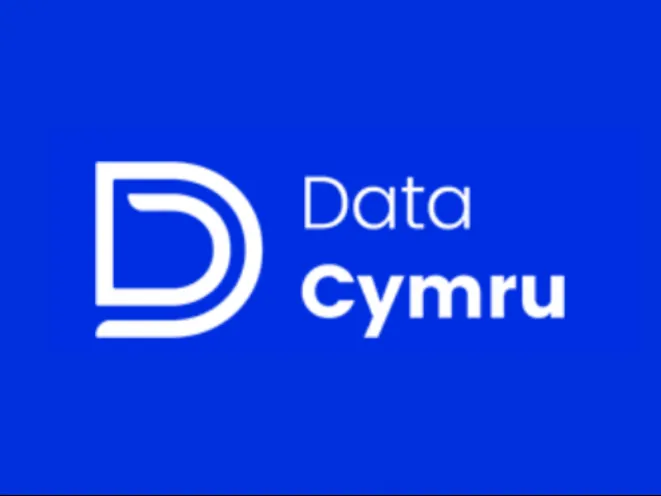Llond Ceg offers a flexible and accessible resource for anyone who wants to understand and learn more about sustainability. The website has been created to be used in a flexible way to encourage conversations about Welsh food, about the current arrangement of the food system, about food waste and most importantly about how a large number of Welsh farmers try to produce food through sustainable methods. The content presents and discusses 10 reasons why local Welsh food is more sustainable compared to food produced abroad. There is also a series of 3 podcasts which present different aspects of the Welsh food chain. The resource is suitable for anyone with interest in the subject matter, Welsh Baccalaureate post-16 groups and degree level learners.
Llond Ceg - Sustainable Welsh Foods
Clinical Skills Videos (in Welsh)
A series of videos that have been created by Swansea University Medical School to improve the clinical skills of medical students and other healthcare students. The collection includes a series of clinical videos for the use of medical students which exemplify how to go about carrying out different examinations and practical assessments. The examinations seen in the videos are examples only and we advise you to consult your course's learning objectives if using these when revising for specific exams.
Level 3 Health and Social Care – Principles and Contexts Handbook
Please find link below to Atebol's website to buy the Level 3 Health and Social Care – Principles and Contexts Handbook by Carol Bennett, Sara Jones, Rhiannon Salisbury a Philip Webber. Suitable for Level 3 Health and Social Care: Principles and Contexts, part of the suite of Health and Social Care, and Childcare qualifications in Wales provided by City & Guilds/WJEC. The qualification and this resource are aimed at post-16 learners who are keen to learn more about the health and social care sectors. Suitable for Level 3 Certificate, Foundation Diploma, Diploma or the Extended Diploma. Provides a progression path for learners who have studied Level 2 qualifications in Health and Social Care, and Childcare. This resource is also suitable for learners who have not studied Health and Social Care before. A specific resource for Units 4, 5 and 6 of the qualification. It will also prepare you for external examinations and the relevant assessments. Offers guidance for studying the different subjects to make sure that you have a sound knowledge base and the necessary skills to be successful in your studies. Provides an opportunity to reflect on your experiences with opportunity to do further research to improve your understanding. Selected case studies give you an opportunity to show your understanding of what you have learned within the context of what you will face in your work of caring for others.
Revision Guides for the Level 2 Children's Care, Play, Learning and Development: Core Qualification
Revision guides created by ACT for units 1-5 in the Level 2 Children's Care, Play, Learning and Development: Core qualification. Diolch to ACT for agreeing to share.
From the periphery to the centre: re-evaluating Grace Williams’ musical journey
This article discusses two aspects of Grace Williams’ (1906–1977) output that have been neglected in the current bibliography about the composer, which are her vocal arrangements of Welsh folk tunes and her only opera, ‘The Parlour’. Bearing in mind that Grace Williams is mainly associated with orchestral music, this research reflects the desire to investigate and give deserving attention to the works that have been ignored in the past. The need to reconsider the significance of her folk-song arrangements and the opera is emphasized with the aim of getting a complete picture of the composer’s output. The discoveries are based on recent research that has already been presented as a MARes degree (Bangor University 2022) and current research for a doctoral degree that is to be completed in the coming years. Author: Elain Jones
‘From zero to three hundred’: intensive acquisition techniques for the 300 most frequently used content words ...
This paper reports a study investigating the acquisition of frequently used Welsh vocabulary by beginner learners of Welsh. Twenty-three participants were tasked to learn 300 content words over 50 days (10 minutes per day) using flashcards. Information was provided about techniques to support learning, such as the keyword method and paying attention to parts of words. Immediate and delayed post-learning tests revealed substantial differences in the ‘learnability’ and retention of target words. An end-of-study questionnaire elicited detailed information about participants’ learning experience, and found that more successful learners used highly systematic approaches to word selection and revision, and used the keyword technique. A resulting list of words ranked by learnability, and comments on learning techniques from high-scoring participants, are informing revisions of learning materials. Authors: Tess Fitzpatrick, Steve Morris
An integrative review of the whole-school approach to supporting the emotional and mental health and well-bein...
The decline in relation to mental health issues among children and young people in Wales (School Health Research Network [SHRN] 2023) and recent curriculum reform (Welsh Government [WG] 2022) has led to the introduction of statutory guidance to promote a whole-school approach in supporting positive emotional and mental well-being among all stakeholders within the school community (WG 2021). The ‘Framework on embedding a whole-school approach to emotional and mental well-being’ (the Framework) (WG 2021) focuses on embedding the three core values of ‘belonging’, ‘efficacy’, and ‘voice’ across all aspects of school provision to create a positive social and emotional community. This integrative review explores literature that focuses on whole-school approaches to emotional and mental well-being and identifies some key facilitators and barriers in its successful implementation. Findings suggest that many schools are still not fully engaging with the Framework (WG 2021), particularly regarding the whole-school approach, and this paper concludes with some recommendations regarding the way forward. Authors: Nanna Ryder, Charlotte Greenway, Siobhan Eleri
Sports Ethics Podcasts
A series of video podcasts which feature conversations about contemporary Sports Ethics issues. The topics include: Sportswashing Fairness Competetive categories Racism Nationalism Role models The podcasts are accompanied by a set of notes and indicative bibliographies for each topic and a list of terms. The resource is suitable for students studying Sport related subjects at A level and degree level.
Artificial intelligence and research
A presentation by Dr Seren Evans on her research into the role of Artificial Intelligence in predicting non-contact leg injuries within Rugby Union, and a recording of a panel discussion on artificial intelligence and its implications, challenges and opportunities for researchers with: Dr Cynog Prys, Senior lecturer, Sociology and Social Policy, Bangor University Dr Seren Evans, Lecturer, Sports Sciences, Bangor University Dr Neil Mac Parthaláin, Senior lecturer, Computer Science, Aberystwyth University Professor Huw Morgan, Physics, Aberystwyth University The event took place in Aberystwyth on 27 June 2024.
Technology and Bilingualism Conference
Recordings of the sessions that were held at this year's Technology and Bilingualism Conference. The conference included a variety of sessions to discuss how technology can be used within bilingual and Welsh medium provision in the higher education, further education and apprenticeship sector.
Designing and running focus groups
This guide by Data Cymru provides practical advice and guidance for anyone considering using focus groups as a research method. Content: What are focus groups, their purpose, and why and when to use them The main elements needed to prepare effective focus groups Planning a focus group Recruitment and participation Delivering a focus group effectively
Survey design and analysis
This guide from Data Cymr provides practical advice and guidance for people who need to prepare, produce and design surveys and analyze the data , focusing on questionnaires and interviews. Content: What are surveys, their purpose, and why and when to use them Types of surveys How to create a survey Population and sampling Designing questions Data collection Data analysis Sharing the results









